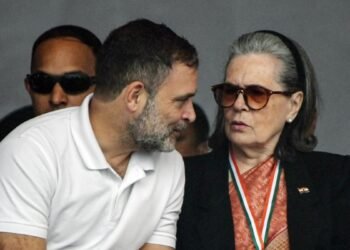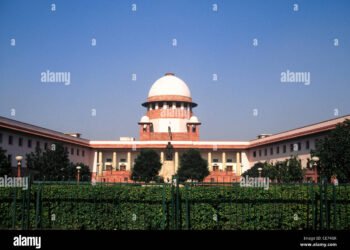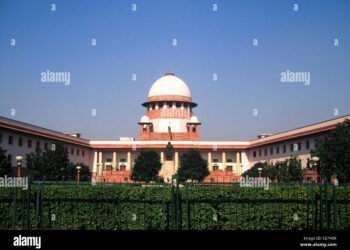Supreme Court says downloading, watching child porn is a punishable offence under POCSO Act
The Supreme Court declared on Monday that engaging in the actions of downloading, saving, and watching child pornography is a violation of the POCSO Act. The court criticized the stance of the Madras High Court, which had stated that downloading and watching such material is not a criminal act.
The criminal charges against a 28-year-old man from Chennai, accused of downloading and viewing child pornography, were dropped by the Madras High Court on January 11. The court stated that watching such content in private does not violate the POCSO Act.
Today, Chief Justice of India (CJI) DY Chandrachud and Justice JB Pardiwala, sitting on the Supreme Court bench, stated that the Madras High Court made a serious mistake in its ruling.
The Supreme Court reinstated the legal actions against the Chennai man and clarified that distributing child pornography content was illegal, in addition to producing and acquiring such material.
Also read: Supreme Court criticizes High Court judge for Pak comment on Bengaluru area
It asked the central government to modify the term ‘child pornography’ to ‘child sexually abusive and exploitative material’. It also instructed other courts to refrain from using the term ‘child pornography’ in similar cases from now on.
The Supreme Court made a decision following a petition from Just Rights for Children Alliance, a group of NGOs, as per LiveLaw.
According to LiveLaw, the petitioner raised worries about the Madras High Court’s decision, suggesting that it could lead to an increase in individuals watching child pornography under the assumption that they would not be prosecuted for downloading and storing such material.
The argument suggested that the decision made by the High Court would harm child welfare.














